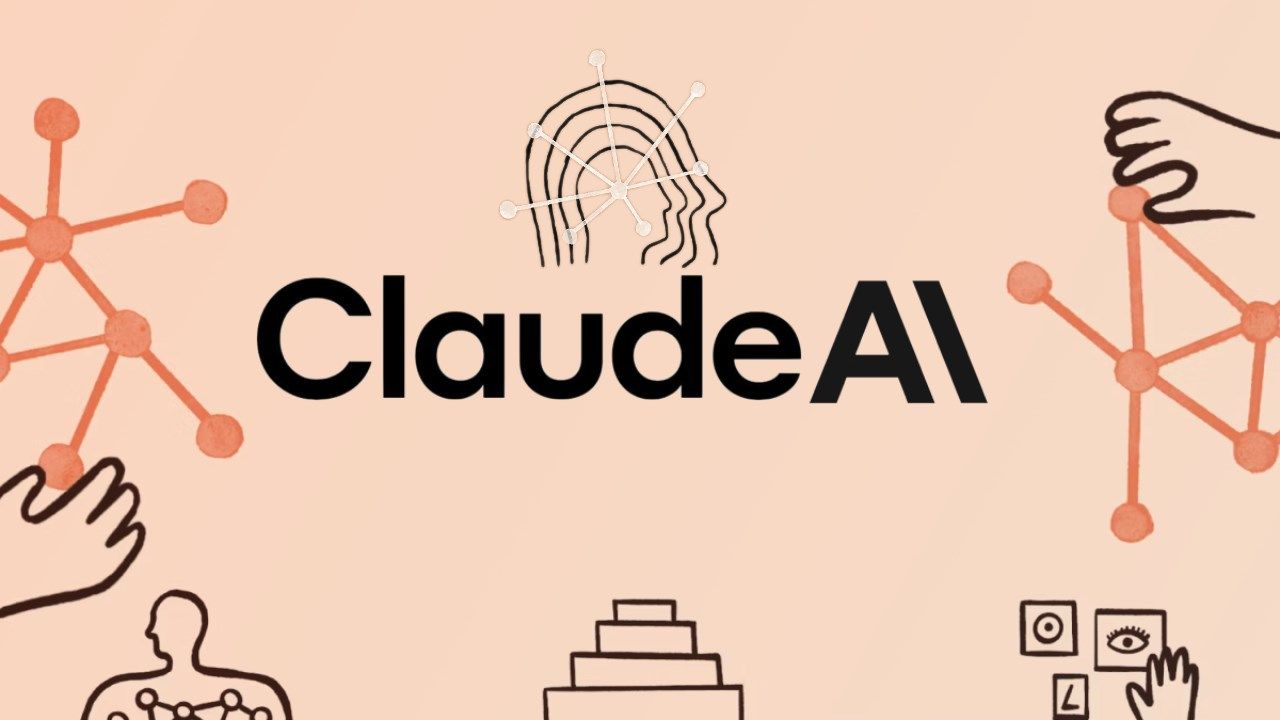Introduction
Claude for Chrome is a browser-integrated AI agent that performs contextual, autonomous tasks to boost productivity.
Claude for Chrome extends Chrome with automations like email drafting and scheduling, acting on browsing context without disrupting workflow. Initially rolled out as a research preview to 1,000 Max subscribers, Anthropic emphasizes security testing and staged access before a wider release.
Context
The release arrives amid strong competition from Google, OpenAI and other players exploring browser AI. Integrating agents that understand full browser context aims to move beyond mere suggestions to autonomous task completion. Anthropic's phased approach collects feedback and hardens defenses prior to broad availability.
The Problem / Challenge
Quick definition: prompt injection is a technique where malicious content embeds instructions that can coerce an AI into unintended actions (≤40 words).
Deep browser integration increases exposure to prompt injection and other attack vectors. Anthropic's adversarial testing showed nearly 24% success for targeted injections before defenses; subsequent mitigations have cut that rate by more than half. The challenge is preserving autonomy while preventing unauthorized data access or harmful operations.
Solution / Approach
Anthropic combines technical defenses and user controls to limit exploitation paths.
- Access restrictions: block Claude on sensitive categories and specific sites
- Explicit confirmations: require user approval for high-risk actions
- Adversarial testing: continuous stress tests against prompt injection
- Customizable permissions: whitelist/blacklist and granular settings
These measures aim to keep functionality while reducing attack surface and preserving user trust.
Accessibility and Availability
Currently available as a research preview to 1,000 Max subscribers, Claude for Chrome runs via an extension with a sidebar UI that preserves browser context. Anthropic's cautious rollout balances testing, security improvements and plans for broader access conditioned on safety and usability outcomes.
Competitive Landscape
Anthropic faces competition from Google (Gemini in Chrome), OpenAI and niche solutions; success will hinge on combining robust security, useful autonomy and affordable access.
Conclusion
Claude for Chrome signals a shift toward embedded, autonomous browser AI: it promises productivity gains but depends on strong safeguards and clear user controls to earn trust and scale responsibly.
FAQ
Short answers about Claude for Chrome, safety and availability
-
What is Claude for Chrome?
Claude for Chrome is an AI agent embedded in the browser to perform contextual tasks like drafting emails and scheduling with user-configurable security settings.
-
What security risks does Claude for Chrome face?
Main risks include prompt injection and unauthorized data access; Anthropic deploys access limits and confirmation steps to mitigate these threats.
-
How can I control where Claude operates?
Users can set whitelists and blacklists, restrict site categories and require confirmations for sensitive operations.
-
Is Claude for Chrome publicly available?
Not yet broadly; it's in a limited research preview for 1,000 Max plan subscribers while security and accessibility are refined.
-
How does Claude mitigate prompt injection?
Through adversarial testing, site restrictions and explicit user confirmations to prevent malicious instructions from triggering unsafe actions.
